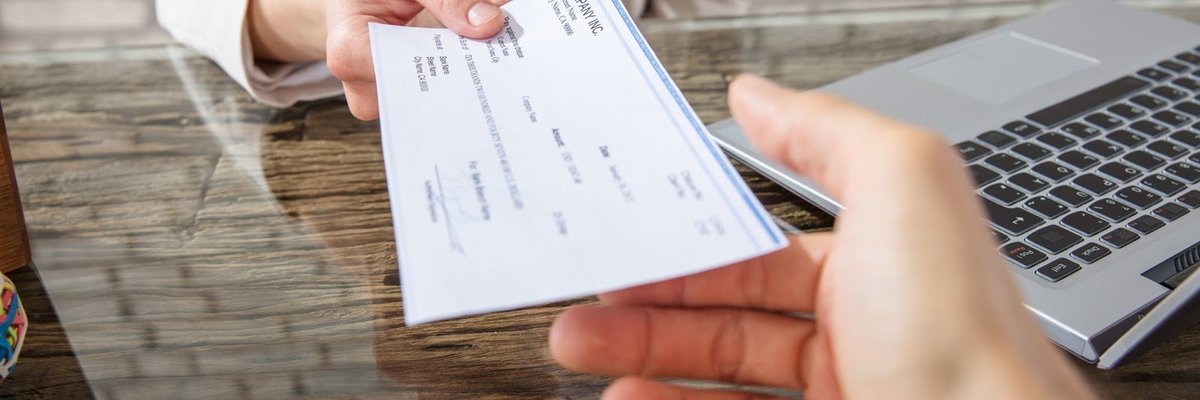Do You Have Too Much Money in Your Checking Account? 3 Red Flags to Watch in May 2025

Image source: Getty Images
KEY POINTS
- If your checking account has too much money, then you're costing yourself big-time.
- Money that's sitting in checking has a tendency to get spent -- even if it shouldn't be.
- If you have high-interest debt, then every spare dollar should go toward paying it off.
Your checking account is a great place for your spending money. Your paycheck comes in, bills go out, and you can swipe your debit card without thinking twice.
But keeping too much in checking can quietly cost you hundreds or even thousands of dollars a year.
Here are three signs you may be parking more cash in checking than you should -- and what to do instead.
1. You have more money in checking than you spend in any given month
Most checking accounts earn little or no interest. So if you're sitting on a few thousand dollars that you won't need right away, you're missing a simple opportunity to earn more money.
Let's say you have an extra $5,000 just sitting in checking. Move that to a high-yield savings account (HYSA) earning 4.00% APY, and you'd earn $200 a year in interest -- for doing nothing.
If you don't have a high-yield savings account, then open one yesterday. HYSAs earn at least nine times the national average APY, and they're just as safe as the big, traditional banks we know so well.
One of our favorites, the Barclays Tiered Savings account, pays 3.85% APY on all balances under $250,000. There are no minimum deposits and no monthly fees. Click here to learn more and open a Barclays Tiered Savings account today.
2. Your spending is creeping upward
When your checking account always looks flush, it's easy to spend money without a care. So take a look at your last six months' worth of bank statements and see if your spending has gone up. You may find that you're eating out more, making impulse purchases, or paying for subscriptions you've forgotten about.
I recently did this with my checking account and credit card statements. It was not fun (past me sure was dumb), but it was an extremely good use of my time. I trimmed some spending and moved more money to my savings and retirement accounts.
If your spending is sneakily getting bigger, try moving any surplus out of checking. You'll be less tempted to spend it, and you'll likely save more in the long run.
3. You have high-interest debt
Credit card debt is expensive, with rates often topping 20%. And yet many people keep thousands in checking "just in case" while paying hefty interest charges every month.
If you have more money in checking than you need for bills and a small buffer, consider using the extra to pay down debt. Even putting a few hundred dollars toward your balance can save you a lot in interest over time.
Every dollar that's not earning you money should be helping you save money -- and wiping out high-interest debt is one of the best ways to do that.
Checking accounts are essential -- to a point
Your checking account should cover your regular expenses -- not serve as long-term storage for your cash. If you're raising any of the red flags above, it might be time to move money into a high-yield savings account or start tackling your debt.
Ready to make your money work harder? Check out our list of the top high-yield savings accounts.
Our Research Expert
Motley Fool Stock Disclosures
James McClenathen has no position in any of the stocks mentioned. The Motley Fool recommends Barclays Plc. The Motley Fool has a disclosure policy.



